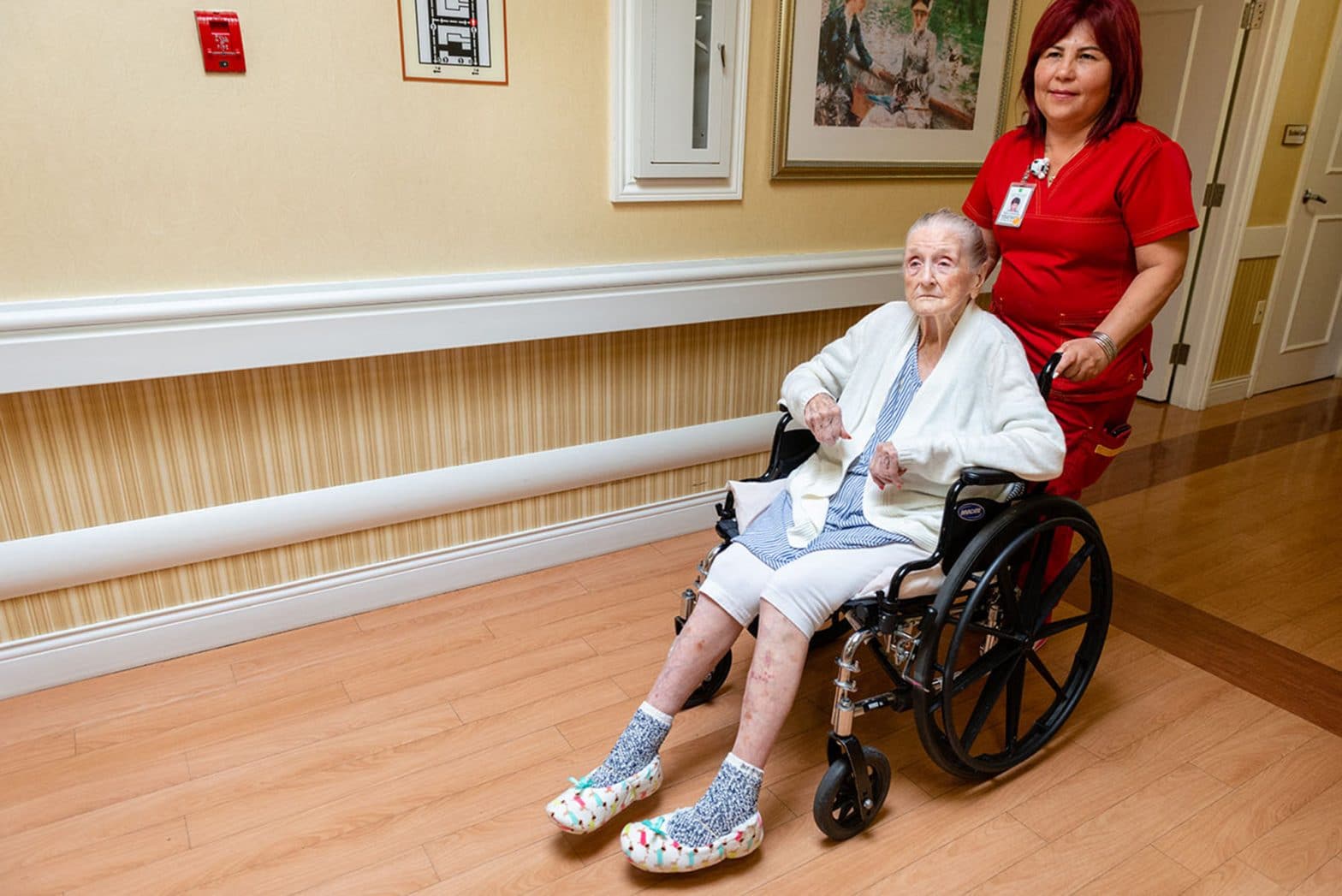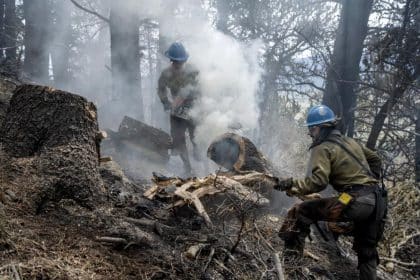The Greatest Threat to America’s Health Care System? Administrative Red Tape.
COMMENTARY

America is at the crossroads of a medical crisis. The nursing shortage continues to plague health care systems across the country, but legislators have done little to support rehabilitating the sector.
As critical gaps in care rapidly devolve into deep fissures felt throughout the industry at large, targeted immigration legislation could be a stopgap, but it must be implemented as soon as possible.
This is far from a momentary issue — recent data from AMN Healthcare reveals that the international nursing shortage threatens to decimate domestic health systems for years to come. McKinsey estimates that by 2025, the U.S. will experience a shortage of up to 450,000 nurses — up to 20% of the entire workforce.
According to the U.S. Bureau of Labor Statistics, the U.S. will need more than 203,000 new RNs every year through 2026 to fully rehabilitate the sector.
As a result, patient care has suffered. Unable to keep up with pre-pandemic patient volumes, constrained care facilities have had to reduce their occupancy rates by up to 10%. The percentage of nurses who are satisfied with the quality of care they provide at their current job decreased 11 points from 2021, from 75% to 64% in 2023. Only one-third of nurses report that they have ideal time to spend with patients, a 10-point decrease from 2021, when it was 43%.
Health care is particularly impactful for the senior community. While individuals over the age of 65 make up just 16% of the overall U.S. population, they represent nearly 40% of hospitalized adults. When hospitals suffer, so do our seniors.
Perhaps most frustrating, a clear solution exists but unnecessary regulatory hurdles have needlessly held up the rehabilitation of the sector at large. The AMN report claims that “expediting the passage of international nurses to this country” is an effective means of both giving international nurses opportunities for professional development in the United States, while simultaneously staffing hospitals to pre-pandemic levels. Now, arbitrary caps and quotas placed on employment-based visas granted to international skilled workers threaten to exacerbate the nursing shortage.
Put simply, this is a labor issue, a priority for senior advocacy groups and a symptom of a broken immigration system.
In May of this year, the State Department announced that nearly all eligible green cards had been filled, and only workers who had applied prior to June 1, 2022, would be able to continue with the visa process. Those who applied after the arbitrary deadline will be reset to the back of the “line” in October of this year.
The result? Thousands of highly trained nurses are unable to enter the country for no reason other than administrative red tape.
Each fiscal year, 140,000 immigrant visas are available for workers seeking employment in the United States. This cap was implemented in 1990 and has been infrequently updated. And this number does not reflect current economic realities.
In fact, many of these robust employment opportunities have gone to waste. In 72 of the last 96 years, the U.S. government has issued fewer visas than the provisioned cap. In 2021 alone, 66,500 went — and continue to be — unused due to capacity constraints in processing applications. In total, there are an estimated 4.5 million unused employment-based visas in the U.S. immigration system.
The government now has the opportunity to recapture these unused visas and re-allocate them toward industries that severely lack resources necessary to operate at full capacity. More specifically, this redistribution of unused visas could be a lifeline for the health care industry, but we need legislators to act now.
Congress and the State Department must do their part to rehabilitate the crippled medical industry. By re-allocating unused visas to the health care sector, we can bring in trained professionals who will fill critical gaps in care impacting patients throughout the country. Beyond that, legislators should reconsider the complexity, cost and time requirements necessary to the application process.
As the United States continues to rehabilitate in a post-pandemic economy, legislators must foster a landscape of robust opportunity for all. Reconsidering visa allocations and application requirements offers a clear pathway to a fully staffed health care sector — necessary for any healthy, thriving society.
Foreign-educated nurses are skilled professionals, qualified to be staffed at medical facilities throughout the nation; they can help fill the gaps in care that will soon become chasms, should the industry wait any longer.
Saul Anuzis is president of 60 Plus, the American Association of Senior Citizens, a nonpartisan seniors advocacy group based in Washington, D.C., with members across the country.
























